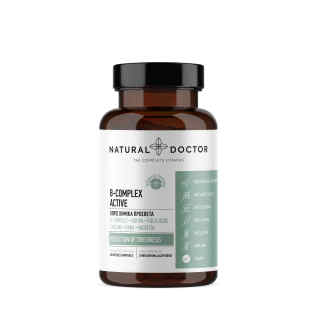Unhealthy lifestyle and dietary choices are a key factor in the development of autoimmune and chronic diseases. Low nutritional diet, lack of exercise, smoking, stress are some of the choices we make that lead us to develop autoimmune and chronic diseases. Their influence is crucial in the development of an autoimmune disease in the course of our life.
Although often overlooked, marginal deficiencies in vitamins and micronutrients gradually accumulate, negatively affecting health and leading to its gradual deterioration.
The Role of Deficiencies and Metabolic Disorders
- Severe fatigue
- Frequent flare-ups
- Decreased response to medication
- Increased body weight
- Chronic inflammation
Hidden Hunger: How Deficiencies Affect the Operation of the Organization
Lifestyle & Autoimmune Diseases
- Hashimoto's disease: selenium, vitamin D
- Psoriasis: vitamin D, omega-3
- Diabetes: magnesium, chromium
- Multiple sclerosis: vitamin D
- Improving Metabolism: Normalizing body weight and enhancing energy efficiency.
- Strengthening the immune system: Reduction of flare-ups and better management of inflammation.
- Restoration of Gastrointestinal Function: Improving gastrointestinal function.
- Symptom Reduction: Relief from fatigue, pain, chronic inflammation and other problems that plague patients with autoimmune disease and metabolic disorders.




















